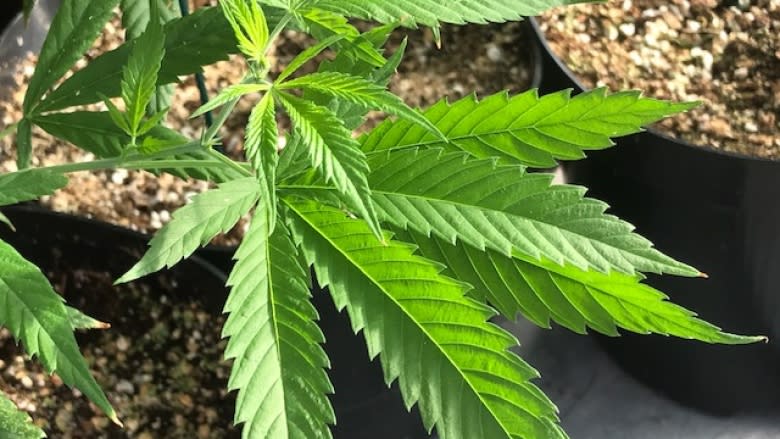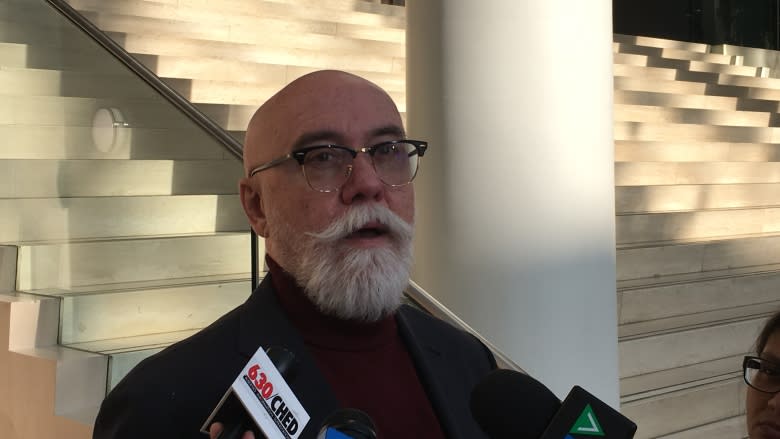City pot bylaws may take years to get right, councillor says
Rules regulating marijuana sales and consumption will be far from straightforward, one city councillor says, as Edmonton prepares for the drug to be legalized in July.
- Where will people be able to smoke?
- How far should cannabis shops be from schools, parks and other public facilities?
- How far should they be from liquor stores?
Those are just a few questions city council will have to answer in coming weeks.
Coun. Scott McKeen envisions it will take time to sort that all out.
"Will we get it right this summer?" McKeen asked after a community and public services committee meeting Wednesday. "No."
The province is responsible for overseeing privately run retail stores and online sales, but it will be up to the city to issue development permits.
The province suggests a 100-metre buffer zone between stores and "places that children and youth frequently visit," but municipalities will have the flexibility to alter that according to their communities' needs.
Councillors were given a breakdown of the bylaws they'll be asked to amend this spring.
Those include new business licences, regulations about the consumption of cannabis in public, and the safe disposal of cannabis and its derivatives, and rules to deal with odours emitted from activities on privately owned land.
"Smoking in public of modern strains of marijuana will be unpopular with some people, because it stinks," McKeen said. "People will notice and some people will be upset by it. So we have those potential conflicts we have to deal with."
McKeen imagines it will take years for the city to tweak bylaws as council and staff learn more along the way.
Estimated costs
Legalizing marijuana will require more staff, including fire prevention officers, peace officers, social workers and workplace safety employees.
It's projected to cost Edmonton $4.3 million to hire these positions to enforce the bylaws, while police estimate they will need from $5 million to $7 million to hire between 25 and 35 new officers.
Edmonton police said they will need to acquire new technologies to test for cannabis impairment.
To help pay for all of that, Mayor Don Iveson is lobbying the province for some of the tax money that will result when revenues start flowing in the summer.
The provinces are taking 75 per cent of the revenues, while Ottawa will retain 25 per cent. And though both senior levels of government have acknowledged municipalities should receive some money, the Alberta government hasn't committed to any amount.
"However this shakes out, we shouldn't be in the position where we have to raise property taxes to pay for enforcement costs on this," Iveson said.
Last week, Iveson made the case to federal ministers in Ottawa in conjunction with a meeting with mayors of other big cities.
City administration is coming up with a set of bylaw recommendations to present to council in the coming weeks. The city aims to have the bylaws passed by April.



